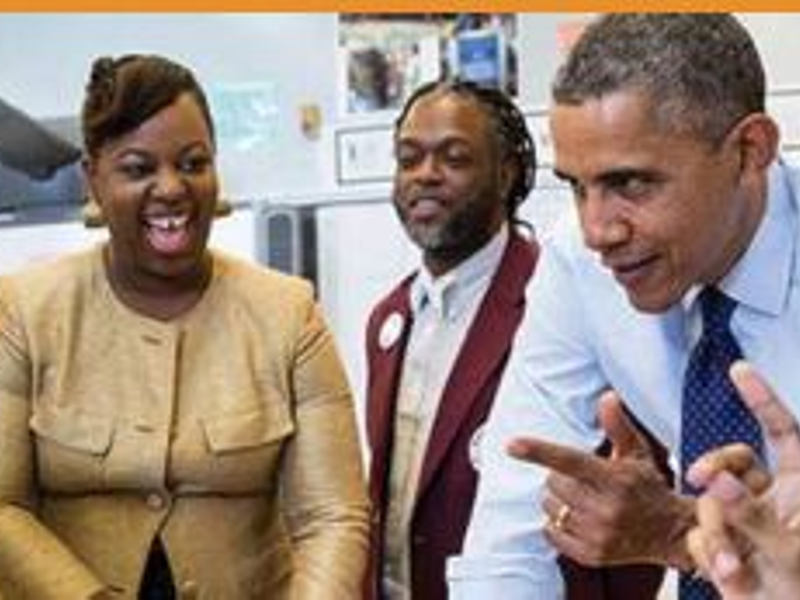
Women own 30% of all business in the U.S., 14% of which are owned by African American women, according to the Center for American Progress. African American women are the fastest growing group of entrepreneurs in the nation, starting businesses at six times the national average, according to Black Enterprise Magazine. Despite the lack of funding, African American women are still leading the pack with business launch and ownership rates. Imagine their success rate if they were properly funded.
· 1.3 M Total number of firms owned by Black women · 297,500 Workers employed by Black women-owned firms · $52.6 B Revenues generated by Black women-owned firms
Starting a business is hard work. It demands long hours and resilience. It requires strategic planning and skills. But, funding and capital are still major roadblocks, especially for Black Women.
The 2016 report, Black Women Entrepreneurs: Past and Present Conditions of Black Women’s Business Ownership, from the National Women’s Business Council and the Small Business Administration, prepared by Walker’s Legacy, suggests the following: · Increasing the number of qualified Black Women who are willing to become angel investors for Black-Women owned businesses
Encouraging entrepreneurship curricula at Historically Black Colleges and Universities (HBCUs): Morgan State University has a degree in Entrepreneurship from the School of Business and Management with courses on social entrepreneurship and entrepreneurial opportunity recognition. Copping State College of Business houses the Center for Strategic Ingepreneurship (correct spelling) to facilitate the development and dissemination of ingepreneurial knowledge and skills through research, teaching, and practice.
The report also suggests that politically, socially, and economically, we have the power to increase the funding to Black and Latina Women-owned businesses by only investing public dollars in funds that have demonstrated commitment to inclusion, and Black and Latina founders. It directs funders to place financial holdings in Community Development Financial Institutions (CDFIs). They provide at least 60% of their basic financial services to low and moderateincome neighborhoods where they operate and are accountable to the communities they serve, provide financial literacy and education free of charge. Recently, The Ford Foundation Board of Trustees, discerning the often-unbalanced minority financial landscape, authorized $1 billion of their endowment for mission-related investments (MRI).
As Black Women, we must initiate and drive the conversation to prioritize entrepreneurship as a critical component of community economic development for the long-term health of the economy. Join the pack of lionessspirited Black Women and let empowerment lead the way.
Lydia Henry is the CEO of Vision Coach Dynamics, Coaching and Consulting; member of the US Ghana Chamber of Commerce – Chair of Women’s Initiatives; a certified professional leadership coach. Her background includes successful careers with AT&T and Xerox Corp in corporate marketing and sales, an international business owner, a training facilitator for nonprofit, corporate and academic institutions, and an advocate for women’s rights and advancement visioncoachdynamics@gmail.com




